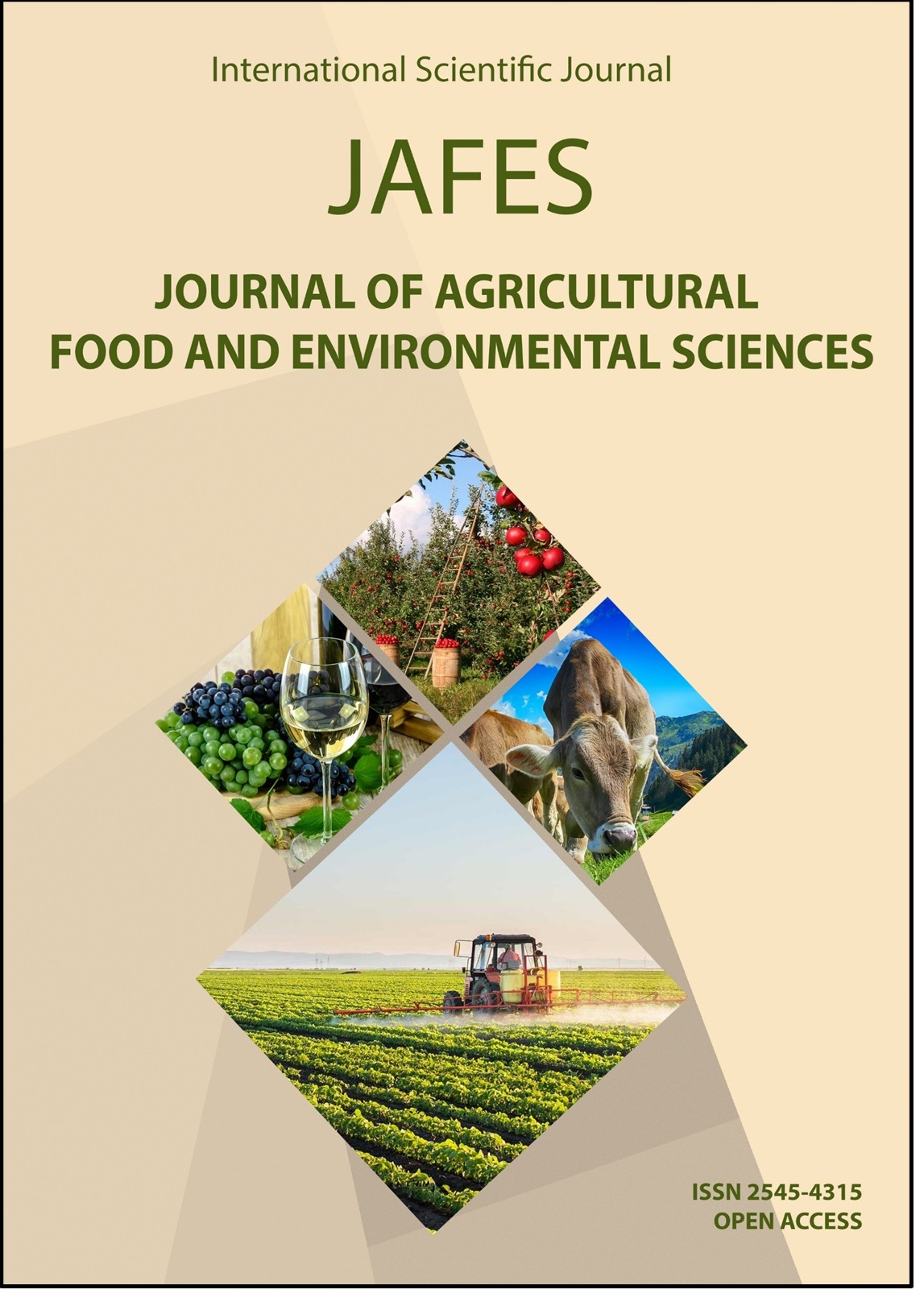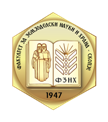SUPPLY CHAINS AS NETWORK - THE CASE OF ORGANIC PRODUCTION IN MACEDONIA
Клучни зборови:
Distribution channels, information, relations, Social Network Analysis.Апстракт
The absence of relations between the primary producers and markets has been identified as one of the primary problems in the supply chain for producing organic products in Macedonia. Nevertheless, the organisation and network structure of the supply chains are often responsible for the economic performance, competiveness and information diffusion between the trading firms and their partners-farmers producing organic products. In this regard, analysing supply chains through social network analysis lenses helps to identify the actors and the important factors that contribute in the information diffusion across the supply chains. The aim of this paper is to identify and map the information diffusion channels of the largest distributers of organic products in Macedonia, by mapping the structure of their social networks. The Social Network Analysis includes networks on horizontal level - farmer’s decision to get involved in organic farming, or transfer the conventional production into organic, and vertical level – information provided by the distribution and trading partners in the organic value chain. The results show that information and resources are often embedded in the farmers’ personal network, however farmers producing organic products are a closed group with very few relations among themselves indicating to a low level of trust in sharing or receiving information. Most of the identified relations among the actors in the analysed network are based either on commercial basis (distributors) or friendship (other farmers). The identified absence of relations among farmers on horizontal level can seriously impede the transfer of information and decrease the motivation for entering, maintaining and introducing innovations in the organic production, thus further examination and improvement of the information channels is necessary.
Референци
Borgatti, S. P., Everett, M. G and Freeman, L. C. (2002). UCINET for Windows Software for Social Network Analysis, Harvard MA: Anal Technologies. ¨
Borgatti, S. P. and Everett, M. G. (2006). A graph-theoretic perspective on centrality. Social Network, 28: 466-484.
Borgatti, S. P. and Everett, M. G and Jeffrey C. (2013). Analyzing Social Networks. SAGE Publication Ltd. London/UK.
Lin, N. (2005). A Network Theory of Social Capital. Handbook on Social Capital, edited by Dario Castiglione, Jan van Deth and Guglielmo Wolleb. Oxford University Press.
Kadushin, C. (2012). Understanding Social Networks, Theories, Concepts and Findings. Oxford University press.
Medicamento, U. and Degennaro, B. (2006). Social Networks and Supply chain Management in rural Areas: A case Study Focusing on Organic Olive Oil. MPRA Paper No. 14558 (Munich Personal ReOPEc Archive), posted 12 April 2009.
Wasserman, S. and Faust, K. (1994). Social Network Analysis, Methods and Applications. New York, USA: Cambridge University Press.
MOPF. (2015). Macedonian Organic Producers Federation. http://www.fpopm.com/.
MZSV. (2016). Organsko proizvodstvo sostojba. http://www.mzsv.gov.mk/files/Organsko%20proizvodstvo_sostojba%202016.pdf



